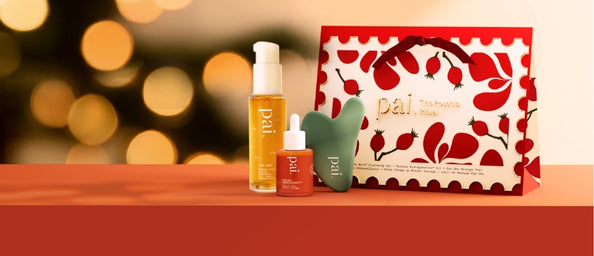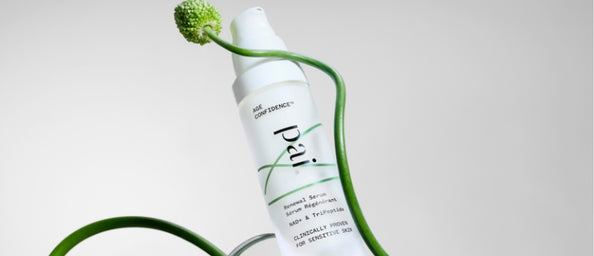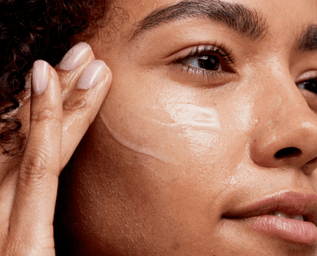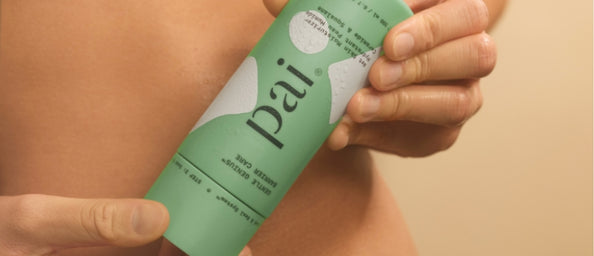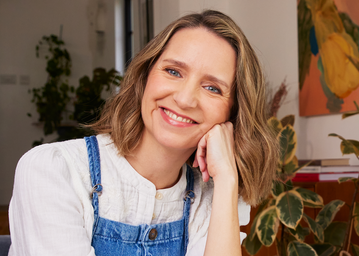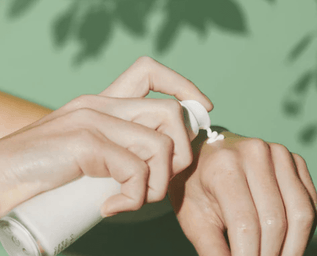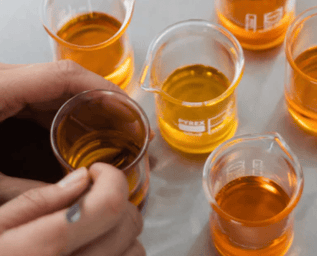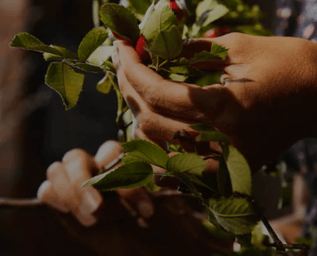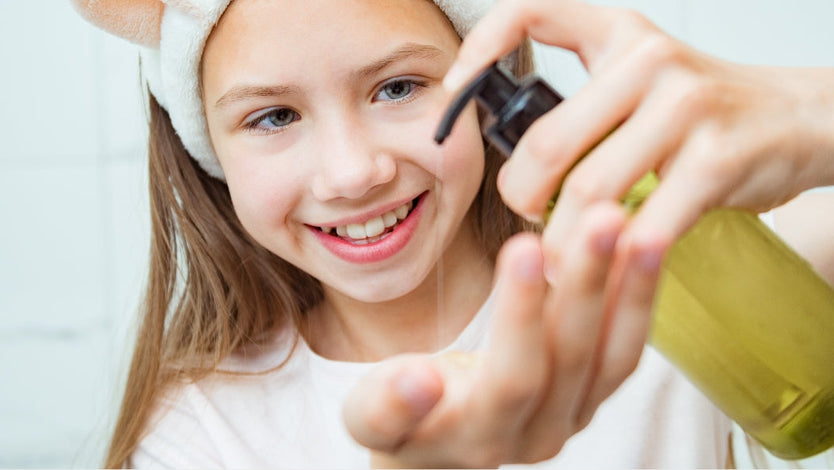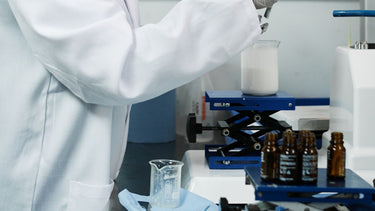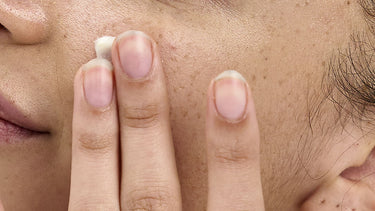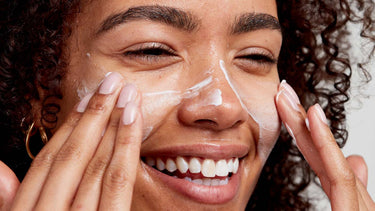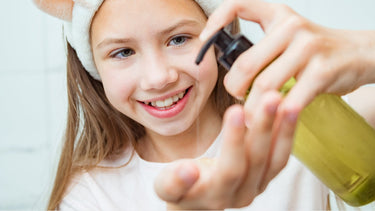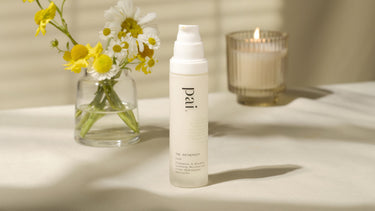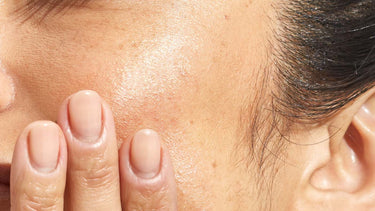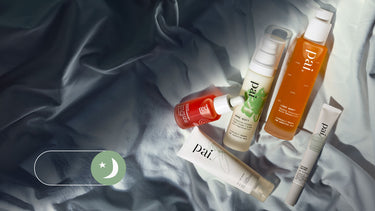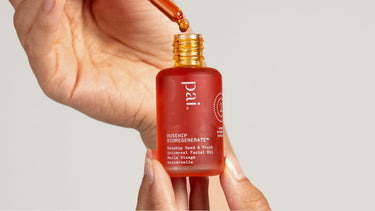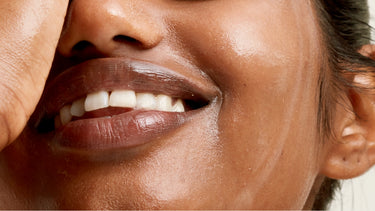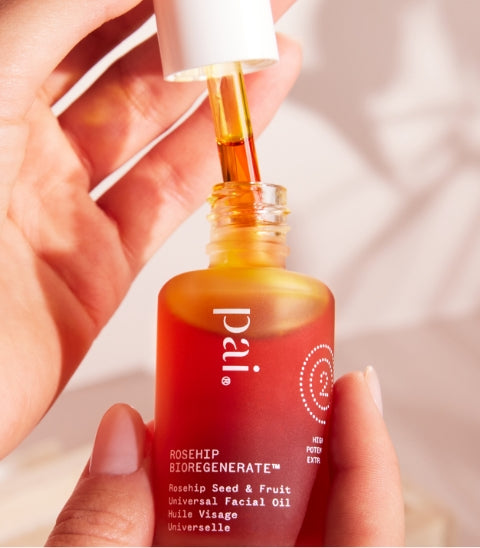For some time we’ve been concerned about the rise in young children using harsh ingredients on their skin. Our latest research proves we were right to be. In a new survey, we’ve discovered that more than 1 in 4 UK tweens (aged 9-12) are using skincare products packed with strong actives like Retinol and AHAs.
Unsurprisingly it’s already causing skin issues, with nearly half of tweens admitting they have experienced redness, itching or irritation after using their skincare products.
Our survey of 1,500 UK girls aged 9-12 and their parents also reveals worrying gaps in skincare education. Here are just some of the other alarming findings:
- 46% of tweens are actively using multiple skincare products weekly (2-3 products)
- 55% of tweens say they don’t check product labels
- Nearly half (48.4%) of tweens say they use skincare products because they want clearer, blemish-free skin
- 58% of tweens receive skincare products as gifts, suggesting family and friends play a key role in product choices
- 41% of tweens say they listen to influencers when choosing products
There’s no doubt social media has transformed the way young people engage with skincare, with TikTok and Instagram driving demand for products originally formulated for adults. And with over 600,000 videos including the hashtag #retinol on TikTok alone, it’s clear the trend isn’t going anywhere soon.
While the survey confirmed our fears of what was going on in bathrooms around the country, we wanted to understand what the impact could be on very young, pre-teen skin. So we commissioned a first-of-its-kind clinical study* into the skin microbiome – a key indicator of skin health – analysing tween and teen sisters as well as their mothers, to see how age determines their skin barrier formation and resilience.
Our breakthrough research revealed that tween skin is extremely underdeveloped. When compared with teenagers and adults – whose microbiomes were similar – tweens had much lower levels of Cutibacterium acnes, or C. acnes. This specific bacteria plays a vital role in skin barrier function and immune modulation, because it’s related to the production of protective oils (sebum) in the skin.

Without it, tween skin is more susceptible to damage from environmental factors like cosmetics. Which makes this trend for using age-inappropriate actives all the more worrying, because exfoliating AHAs or retinoids will naturally dry out the skin even further – potentially resulting in adverse long-term effects.
As someone who has lived with a hyper reactive skin condition (chronic urticaria) for years, I know how even just one ingredient can trigger extreme sensitivity. This experience led me to create Pai because sensitive skin is not a type, it’s a scale – and anyone can experience it.
That’s why it’s so concerning to see young children experimenting with adult skincare products. As a product formulator rooted in ingredient knowledge and skin science, we know just how vulnerable young children’s skin is to irritation and long-term damage.
The pressure to follow trends is huge, and many parents feel left in the dark about what’s actually suitable for their child’s skin. We want to bridge that knowledge gap and ensure safe skincare habits start early. And the good news is, our survey showed parents remain the most trusted source of advice, with 59.8% of children aged 9-12 years saying they look to their families for guidance.

So together with the British Skin Foundation and Consultant Dermatologist Dr Zainab Laftah, we’re releasing our #StaySkinSHARP guide to help navigate parents, influencers and the industry navigate the skincare conversation with tweens. It’s a simple, memorable way to be more discerning when reading skincare labels and understand whether something is right for young skin.
Consultant Dermatologist Dr Zainab Laftah, on behalf of the British Skin Foundation, explains: "Skincare isn’t one-size-fits-all, and our skin barrier changes significantly through puberty. The skin barrier of children aged 9-12 years is not fully developed, making it far more sensitive and susceptible to damage than adult or even teen skin.
“Introducing powerful active ingredients at such a young age can disrupt this barrier, leading to increased sensitivity, irritation, and inflammation. This is why educating both parents and tweens is more critical than ever.”
Find out more and download our #StaySkinSHARP Parental Skincare Guide here
*Indicative clinical study by Pai and HelloBiome on 15 participants



















